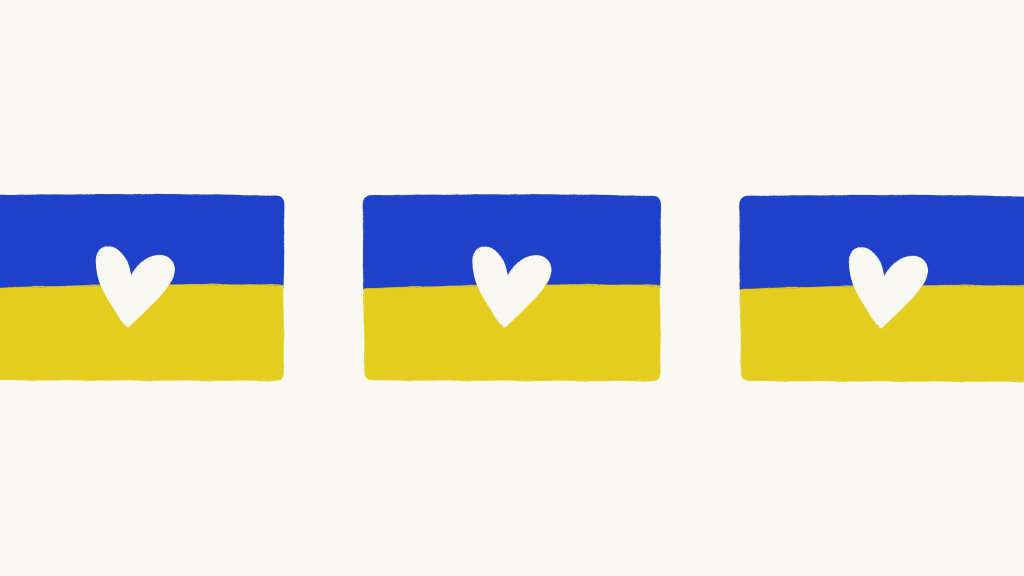
- 5 mins
How to Talk to Your Kids About Tough Subjects

Our parents might not have struggled with this topic as much as we do. They might have had clearer commandments and followed these a bit stricter than our first-generation secular parents of today. There has been a marked decline in people believing in one set of religious beliefs and the strictness of their devotion. When I was a child and visited my grandparents on a Sunday, it would include a church ceremony. Lately, when we ask someone about their religious beliefs, we are in for a different kind of conversation. Although these can be heated and arbitrary at times, we can help our children navigate these more effectively.
If we think of all religions, it goes back to historical events and the need to create an institution. When I started dating my partner, he spoke of history with admiration and awe – he is neurodivergent, which might have added to the interest. The love he has for history was utterly foreign to me. When I indulged in the events that shaped modern-day religion, it all made more sense. We can talk to our children about religion through timelines in a fun and interactive way. Perhaps use a whiteboard of significant events or figurines battling it out through the centuries – whatever your child is interested in to expose them to the “back story” of religions. I believe that if we have a solid understanding of the need for specific religious creations, we might have an open mind when it comes to debating their necessity.
I went through a highly religious phase, where I wrote “I love Jesus” on all the walls in our family home. I was five years old and very excited that I could firstly write and that secondly there was a man in the sky looking after us. It was a fairytale to me, and I was living in it. Although I had to wash many walls and later understood that living in clouds is physically impossible, it was a phase that I remember quite fondly. My parents let me believe in what I read in children’s bibles and let me make up my mind. They didn’t enjoy the writing on the wall but weren’t too angry with me – at least my fine motor skills were improving! The point is that I went through phases but wasn’t forced to believe or not to believe in any religion. I found Buddhism extremely important in the way I live my current life, although I am not a Buddhist. It is what we take from these religious practices and how we help our understanding of what is “good” and “bad” in treating ourselves and those around us that matter.
I feel pretty strongly about letting everyone speak their truth. It is, after all, just that – their truth. It might not be true for you, but each of us is different in how we analyze, interpret, and utilize information received. Scientifically it might not always be “right”, but every scientific thought was once an unproven theory. Let us appreciate every person’s ideas and respect their truth about a subject. We can debate these thoughts with passion and interest, as this is how we authentically connect with another human being. We can have “debate dinners” with our children where we bring up a topic of interest – big issues I find fascinating. Professor Sugata Mitra who created “A school in the cloud” among many other achievements, once said, “Knowing is NOT the most important thing. To be able to FIND OUT is more important than knowing.” One of Professor Mitra’s questions for young children is, “why are we here?”
When you talk to your kids about religion, maybe try and ask your child these big questions. You might be amazed at the debate it will elicit! According to Superdock, et al. (2018) when it comes to studies of religiosity and spirituality, parents should trust their own judgment. Ultimately, you are the true expert on your own child and what they require and how in-depth these discussions should be.
Superdock, A. K., Barfield, R. C., Brandon, D. H., & Docherty, S. L. (2018). Exploring the vagueness of Religion & Spirituality in complex pediatric decision-making: a qualitative study. BMC palliative care, 17(1), 107. https://doi.org/10.1186/s12904-018-0360-y
Professor Sugata Mitra’s TEDTalk: https://www.ted.com/talks/sugata_mitra_build_a_school_in_the_cloud?language=en